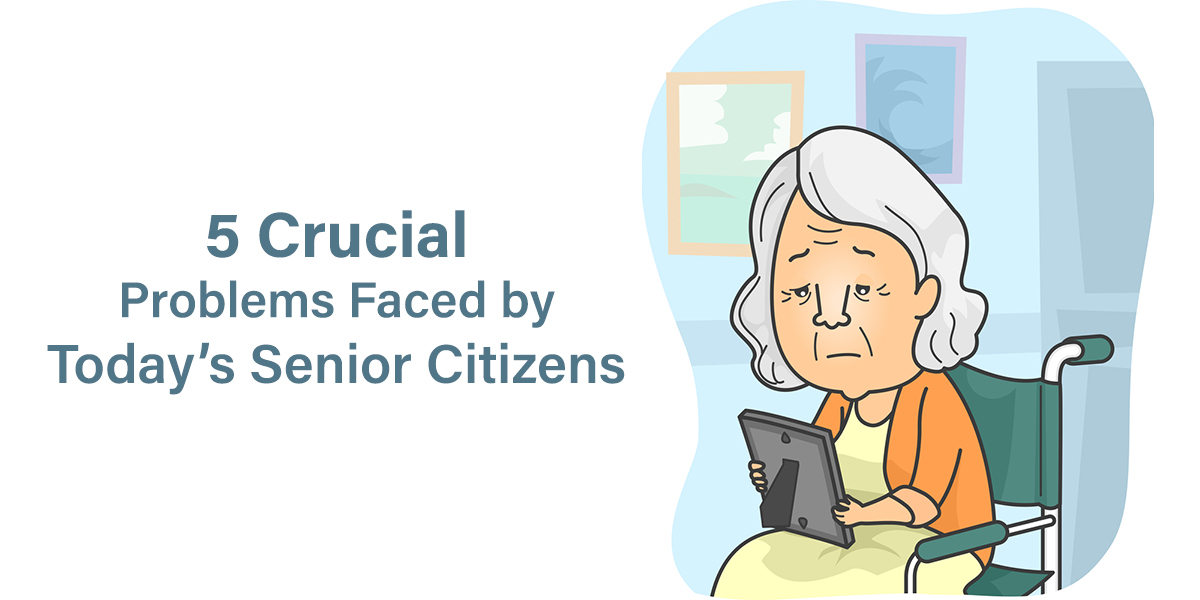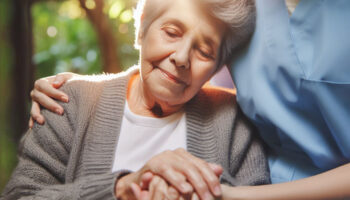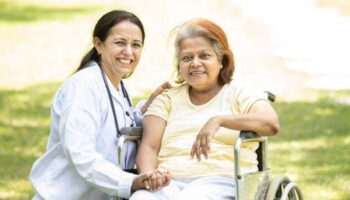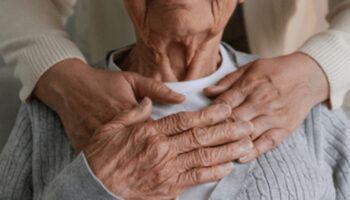The beauty of life is every person’s life is the same from a broader perspective – infancy, childhood, adolescence, adulthood and matured adulthood. Even though it all looks the same for all, as you narrow down the perception, every life is different to its core.
Like there are two sides to every coin, all the stages of life have their perks and downsides of their own. However, matured adulthood has more downsides than the perks, unlike the other stages of life. Living the stage of life that is considered as both undesirable and unavoidable, seniors face different types of challenges in front of them.
Even though technology has revolutionized the living hood of men on this planet, every time an issue is resolved, it opens doors for a new challenge. This is the same case with the seniors. This blog is an attempt to discuss the most common issues faced by the elderly during their matured adulthood.
Challenges Faced by Seniors as They Age –
A person’s quality of life is defined by the quality of the following aspects in one’s life – Physiological, psychological, societal, emotional and financial. The quality of the elder’s life, too, is dependent on these five crucial aspects of life. Continue reading the blog to understand the challenges faced by seniors in these aspects, especially in this generation.
- Declined societal engagement and loneliness –
Human life and its patterns change for every generation and people of all ages have enough scope to adapt to the new changes except the older generations. There can be many reasons for the slowness of this adaptation but it results in a decline in social engagement and loneliness.
On top of that, sticking to the traditional social norms and ageism can become an added burden for elders to increase their social circle. This can lead to loneliness in seniors. Take measures to increase the social circle. Joining a local service club, developing a hobby and meet like-minded people will help.
2. Physical health and dependency –
Ageing is inevitable and with that reducing physical health and dependency, in order to live a quality life, are common phenomenons. Reducing physical health and increasing dependency can put seniors in constant pressure, declining them to accept the changes.
The increasing demand for regular medical care and for professional caregiving in elderly age, requires them to be in need of periodic medical help, if not regular. This will also lead to increased dependency and, sometimes, requires the help of professional caregivers.
3. Living the day to day life –
Getting the day to day activities such as bathing, grooming, cooking, maintaining the home, and personal hygiene can become quite some tasks to carry on with for elders. It is imperative as per a recent study, 1 in every 40 seniors above 60 years are in need of certain degree of help in carrying out the day to day activities.
They are left with no choice but compromising on the quality of life when the assistance is not provided in that particular activity.
4. Financial health –
Probably one of the most underrated aspects of senior living. So engrossed in bringing up their children, seniors tend to forget that they need to be healthy in financial aspects. With the reduced physical strength, seniors without financial wellness tend to struggle.
The traditional saving methods are not keeping up with the pace of societal changes and the expenses of today’s life. It is everyone’s own responsibility to secure their future and the states and countries need to think innovatively to find answers for this phenomenon.
5. Relationships and bonding –
It might sound absurd but the norms of maintaining a relationship and the facet of every bond for that matter change from generation to generation. Priorities change and so do people. Seniors should understand the hard-side of this hard-truth and accept the reality.
The best part is, a person can make friends wherever he wants. All that it needs is widened arms and spreaded lips with a smile on them.
Old is the time a person sees a decline in every aspect of life and the future becomes a question itself. Fortunately, there are ways like assisted living facilities and senior independent living homes that address all these crucial aspects of elderly life.





